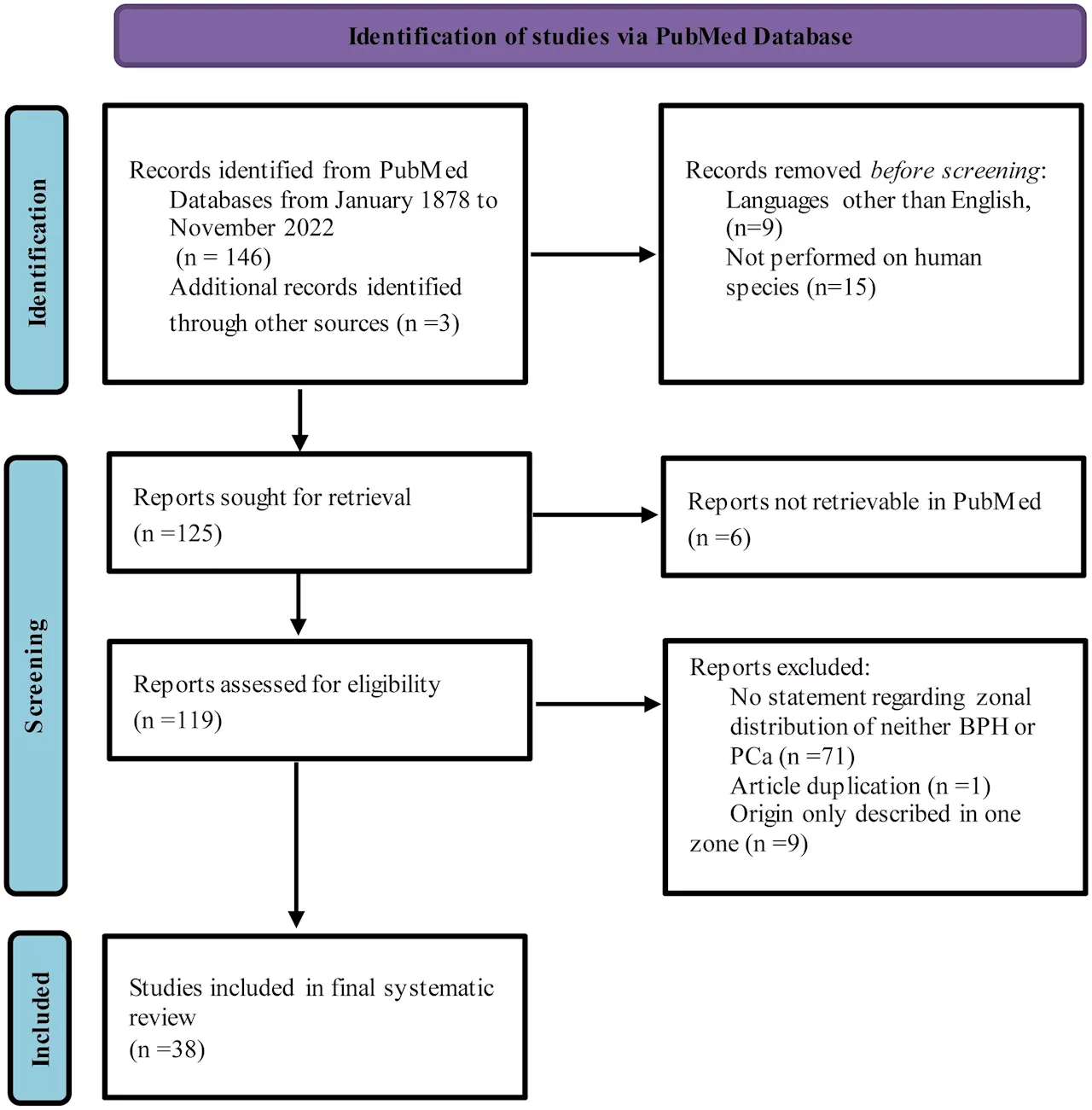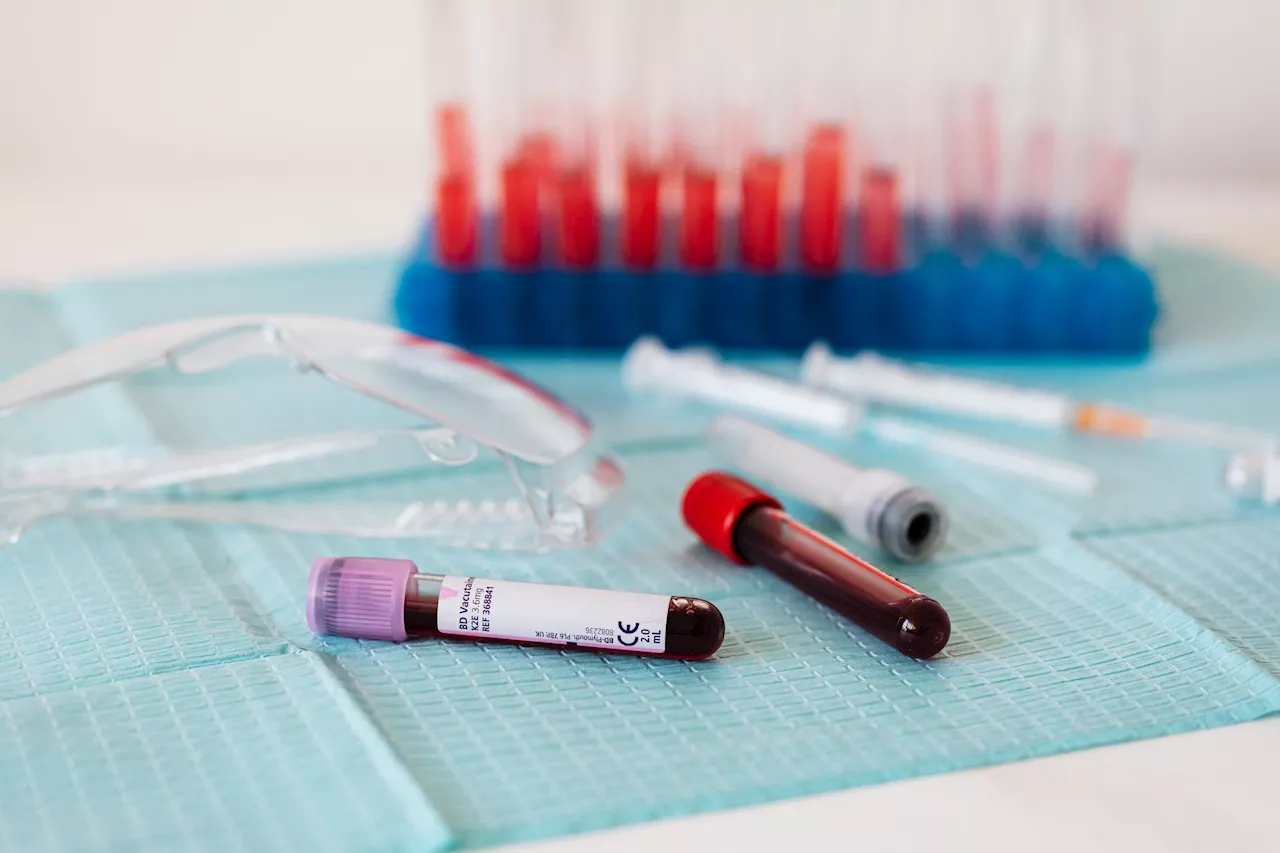The Stockholm3 blood test, developed by researchers at Karolinska Institutet, is equally effective at detecting prostate cancer in different ethnic groups, a new paper published in the Journal of Clinical Oncology reports. The test produces significantly better results than the current PSA standard.
Prostate cancer blood test equally effective across ethnic groups retrieved 22 July 2024 from https://medicalxpress.com/news/2024-07-prostate-cancer-blood-equally-effective.html
This document is subject to copyright. Apart from any fair dealing for the purpose of private study or research, no part may be reproduced without the written permission. The content is provided for information purposes only.Use this form if you have come across a typo, inaccuracy or would like to send an edit request for the content on this page. For general inquiries, please use ourThank you for taking time to provide your feedback to the editors.
Your feedback is important to us. However, we do not guarantee individual replies due to the high volume of messages.to let the recipient know who sent the email. Neither your address nor the recipient's address will be used for any other purpose. The information you enter will appear in your e-mail message and is not retained by Medical Xpress in any form.Get weekly and/or daily updates delivered to your inbox.
Medicine Research Health Research News Health Research Health Science Medicine Science
United Kingdom Latest News, United Kingdom Headlines
Similar News:You can also read news stories similar to this one that we have collected from other news sources.
 The origin of BPH and prostate cancer in different prostate zones and the impact on the incidence of prostate cancerBenign prostatic hyperplasia (BPH) and prostate cancer (PCa) are two of the most common prostate conditions among elderly men, with a significant percentage experiencing one or both conditions. Prostate cancer is the most prevalent non-skin cancer and the second leading cause of cancer-related mortality among men in the United States.
The origin of BPH and prostate cancer in different prostate zones and the impact on the incidence of prostate cancerBenign prostatic hyperplasia (BPH) and prostate cancer (PCa) are two of the most common prostate conditions among elderly men, with a significant percentage experiencing one or both conditions. Prostate cancer is the most prevalent non-skin cancer and the second leading cause of cancer-related mortality among men in the United States.
Read more »
 Nanorobots with hidden weapons for precision cancer therapyResearchers at Karolinska Institutet in Sweden have developed nanorobots that kill cancer cells in mice.
Nanorobots with hidden weapons for precision cancer therapyResearchers at Karolinska Institutet in Sweden have developed nanorobots that kill cancer cells in mice.
Read more »
 New imaging detects deadly lung and prostate cancers, may improve treatmentA new imaging technique developed at Memorial Sloan Kettering Cancer Center (MSK) shows promise for detecting deadly forms of lung cancer and prostate cancer. The technology uses a radioactive particle that binds to a ligand (molecule) on cancer cells called DLL3, making the cells more visible on PET scans.
New imaging detects deadly lung and prostate cancers, may improve treatmentA new imaging technique developed at Memorial Sloan Kettering Cancer Center (MSK) shows promise for detecting deadly forms of lung cancer and prostate cancer. The technology uses a radioactive particle that binds to a ligand (molecule) on cancer cells called DLL3, making the cells more visible on PET scans.
Read more »
 Long-term study reveals more genetic mutations associated with aggressive prostate cancerScientists have added to the list of inherited genetic mutations known to increase the risk of more aggressive prostate cancer. This information could help with identifying prostate cancer patients who are more likely to experience rapid progression of the disease.
Long-term study reveals more genetic mutations associated with aggressive prostate cancerScientists have added to the list of inherited genetic mutations known to increase the risk of more aggressive prostate cancer. This information could help with identifying prostate cancer patients who are more likely to experience rapid progression of the disease.
Read more »
 A feasibility study for salvage radiation therapy in prostate cancerAn editorial paper was published in Oncoscience on May 20, 2024, titled, 'Deep learning-assisted lesion segmentation in PET/CT imaging: A feasibility study for salvage radiation therapy in prostate cancer.'
A feasibility study for salvage radiation therapy in prostate cancerAn editorial paper was published in Oncoscience on May 20, 2024, titled, 'Deep learning-assisted lesion segmentation in PET/CT imaging: A feasibility study for salvage radiation therapy in prostate cancer.'
Read more »
 Study alerts transwomen to interpret standard prostate cancer screening guidelines with cautionUCSF-led study alerts transwomen and physicians to interpret standard screening guidelines with caution.
Study alerts transwomen to interpret standard prostate cancer screening guidelines with cautionUCSF-led study alerts transwomen and physicians to interpret standard screening guidelines with caution.
Read more »
